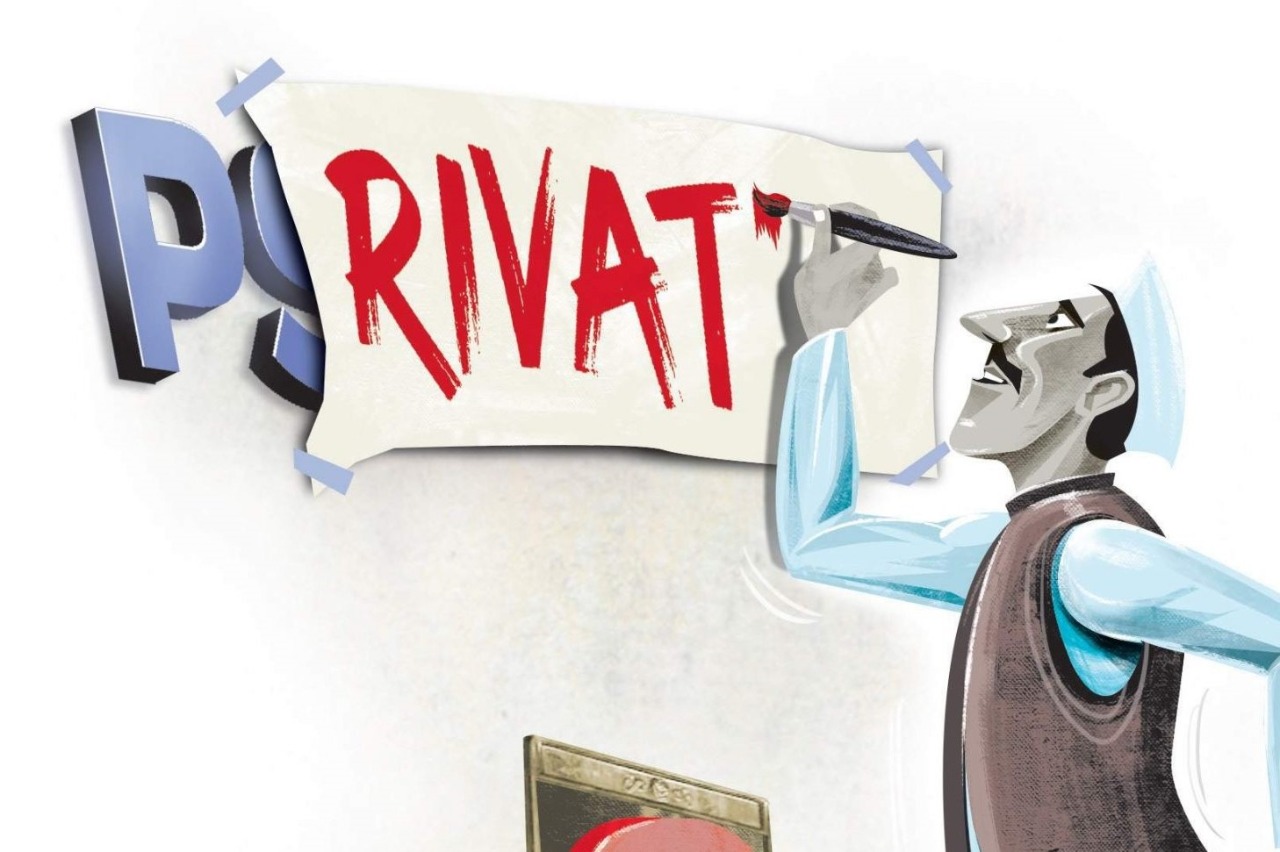After Prime Minister Narendra Modi’s announcement of a₹20 trillion revival package, and finance minister Nirmala Sitharaman’s elucidation of the measures in five instalments, the response was dismal. Sensex crashed by 1,069 points on Monday. Goldman Sachs forecast that GDP growth this year would crash to –5%. Former chief statistician Pronab Sen felt it might be –9%. Alas, the package is a sedative to ease the pain, not a stimulus that will revive a crashing economy. Sedatives have their uses, but must not be mistaken for stimuli, let alone cures.
Yet, the package might just go down in history as a turning point in economic reform. ‘Never waste a crisis’ is an old saying, and Modi is not wasting this one. But he and Sitharaman have not spelt out details of many proposed reforms in land, labour and the legal system. But their dramatic embrace of privatisation is unambiguous and stunning.
Home-Groan Logic
The Bharatiya Mazdoor Sangh (BMS), BJP’s labour wing, has always opposed privatisation. The Swadeshi Jagran Manch (SJM) has never been enthusiastic either, worrying that public sector undertakings (PSUs) may be acquired by hated foreigners. Last year, these two organisations campaigned against India joining the Regional Comprehensive Economic Partnership (RCEP), a free trade area of 15 nations including China, and Modi surrendered to their viewpoint. Despite his great victory in the general election, he felt he lacked the political capital to overrule anti-reformers in his party. That seemed to confirm his image as a cautious incrementalist.
But the Covid-19 crisis has ended business-as-usual and created an urgent need for drastic medium-term changes that will accelerate growth once this crisis eases. GoI will notify a list of strategic industries in which a maximum of four PSUs will coexist with private-sector competitors. This implies all public sector banks (PSBs) will be consolidated into four mega-banks. In all non-strategic sectors, all PSUs will be privatised, as may be feasible (some dud PSUs will attract no bidders). This full-blooded liberalisation deserves applause.
The rest of the article can be accessed here. This post was originally published on the Economic Times website on 20th of May 2020.
Read more: Cleaner, And Now Cheaper: Solar Power Beats Coal
Post Disclaimer
The opinions expressed in this essay are those of the authors. They do not purport to reflect the opinions or views of CCS.






